Rigveda Bhashya – English Translation (Vol. I–IV) ऋग्वेद भाष्य – अंग्रेज़ी अनुवाद (चार खंडों का संपूर्ण सेट)
Original price was: ₹3,500.00.₹3,100.00Current price is: ₹3,100.00.
यह श्रेणी उन ग्रंथों को समर्पित है जो चारों वेदों — ऋग्वेद, यजुर्वेद, सामवेद और अथर्ववेद — के भाष्य, अनुवाद या व्याख्या प्रस्तुत करते हैं।
ये ग्रंथ वेदों के शाश्वत ज्ञान को आधुनिक युग में पुनः प्रकट करते हैं।
In English:
The “Vedic Scriptures” category includes original commentaries and authentic translations of the four Vedas, presenting their universal truths and divine philosophy for contemporary understanding.
Description
“ऋग्वेद भाष्य (अंग्रेज़ी अनुवाद)” महर्षि दयानन्द सरस्वती द्वारा रचित वेदभाष्य का अंग्रेज़ी अनुवाद है,
जिसमें ऋग्वेद के चारों भागों (Vol. I – IV) का प्रामाणिक और सरल व्याख्यात्मक रूप दिया गया है।
अनुवादक डॉ. तुलसी राम (Ph.D., London) ने महर्षि दयानन्द के वैदिक भाष्य को आधुनिक पाठकों के लिए अंग्रेज़ी में प्रस्तुत किया है,
जिससे वेदों का सत्यार्थ, दार्शनिक दृष्टिकोण और वैज्ञानिक भाव स्पष्ट होता है।
इस भाष्य में वेदों के मंत्रों का शब्दार्थ, भावार्थ, और तात्त्विक विवेचन वैदिक परंपरा के अनुरूप किया गया है।
यह ग्रंथ धर्म, दर्शन, विज्ञान और समाज के मूल सिद्धांतों को जानने के इच्छुक पाठकों के लिए एक अमूल्य निधि है।
यह चार खंडों का संपूर्ण सेट वेद अध्ययन, शोध, और अध्यात्म के क्षेत्र में एक अनिवार्य ग्रंथ है।
“Rigveda Bhashya – English Translation (Vol. I–IV)” is the complete 4-volume English edition of Maharshi Dayananda Saraswati’s Vedic commentary on the Rigveda.
Translated by Dr. Tulsi Ram (M.A., Ph.D., London), this monumental work brings forth the true Vedic philosophy in clear and scholarly English.
The commentary explores the literal, interpretive, and philosophical meanings of Rigvedic hymns — covering subjects like truth, divine law, creation, morality, and cosmic order.
It presents the Vedas not as mythological texts but as eternal revelations of divine knowledge relevant to all ages.
Each volume carries Maharshi Dayananda’s original Sanskrit Bhashya along with precise English translation, preserving the purity of Vedic wisdom while making it accessible to modern readers.
An essential 4-volume set for students of Vedic studies, Indology, philosophy, and comparative religion.
Additional information
| Weight | 6000 g |
|---|---|
| Dimensions | 25 × 15 × 12 cm |
Only logged in customers who have purchased this product may leave a review.

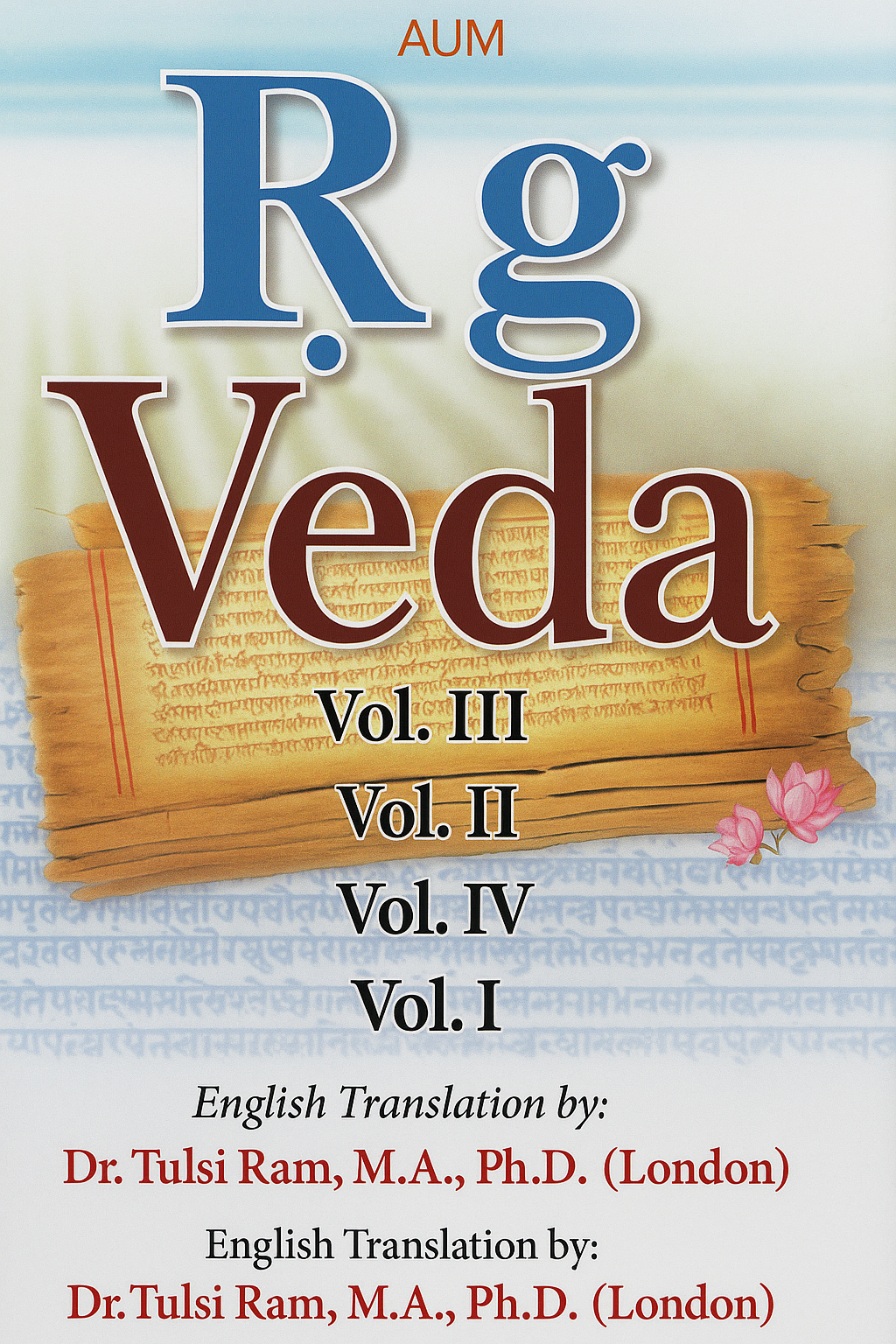




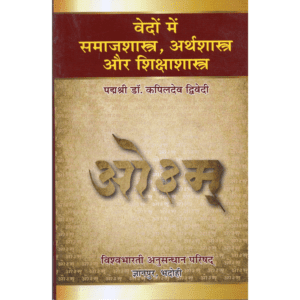
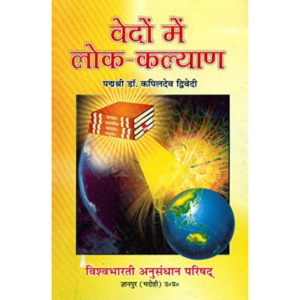
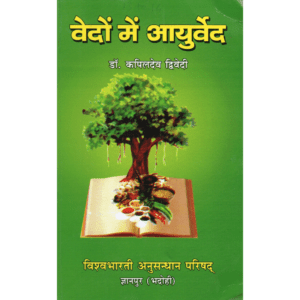
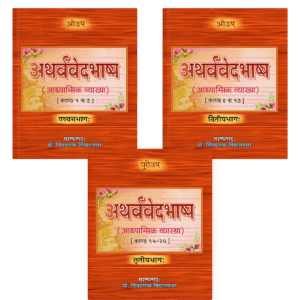
Reviews
There are no reviews yet.